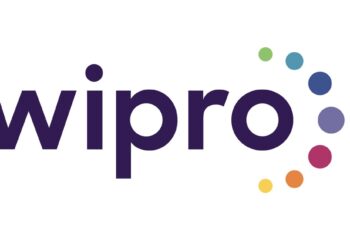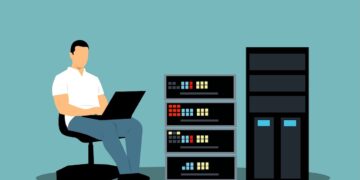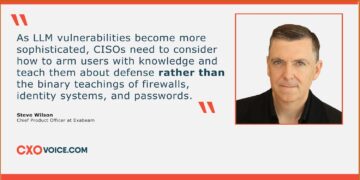In the wake of Facebook’s recent security vulnerability, and the prevalence of data breaches in today’s online world. Norton by Symantec is encouraging consumers to take an active role in monitoring and helping protect their private and personal information. One should follow mentioned “Safety Tips from Norton and LifeLock” to your personal information and data safe and secure.
As this security vulnerability marks yet another incident affecting tens of millions of accounts worldwide. It may steal and misuse you personal data. It’s an opportunity to educate consumers on what they can do to better protect their information and enhance their cyber safety.
“In today’s connected world, we live with a constantly changing surface area of technology and an equally broad and growing set of motivated attackers, making this type of security vulnerability and risk to consumer data, inevitable,” said Samir Kapuria, executive vice president and general manager, Consumer Digital Safety, Symantec. “While the repercussions of this data exposure are top of mind, we want to empower people – whether they were affected by this issue or not – to better understand how they can manage their online privacy and cyber safety. It’s not easy to navigate, so we’re empowering people with the tools they need to help take away some of the complexities.”
It’s unclear what these hackers may have done when they accessed more than 50 million Facebook accounts. But when armed with the right mix of personal information, cybercriminals could take over online and financial accounts, create new ones, file fake tax returns, or even commit crimes in your name. Some of this information can be found on the Dark Web, where 500,000 email accounts with passwords from data breaches can be bought for as little as $90.
Here are several steps consumers can take now to help more closely manage their personal information.
Top Safety Tips from Norton and LifeLock:
1. Check to see if your personal information is detected on the Dark Web
Safety Tips from Norton and LifeLock, It offers a breach detection tool that searches the dark web for your information. Norton and LifeLock also offer tools to help monitor and protect your personal information.
2. Keep your passwords fresh
Don’t tie your password to publicly available information as it makes it easier for the bad guys to guess. Change it at least once every three months and be sure to use a phrase that consists of a string of words that are easy to memorize but hard for anyone else to crack. The longer your password, the better it is.
3. Stay two steps ahead
This is the best and recommended method to keep you safe, two-step verification or multi-factor authentication wherever offered to help prevent unauthorized access to your online accounts.
4. Always sign out of your online accounts
It’s convenient to stay signed in to your accounts, but it comes at a cost – especially if someone gains access from leaked credentials. Regularly sign out of your online accounts to help keep your information safe.
5. Own your online presence
Consider using a Virtual Private Network (VPN) to secure your connection and help keep your information private. Make sure you carefully read the terms and conditions before opening an account or downloading an application and always set the privacy and security settings on web services and devices to your comfort level.























